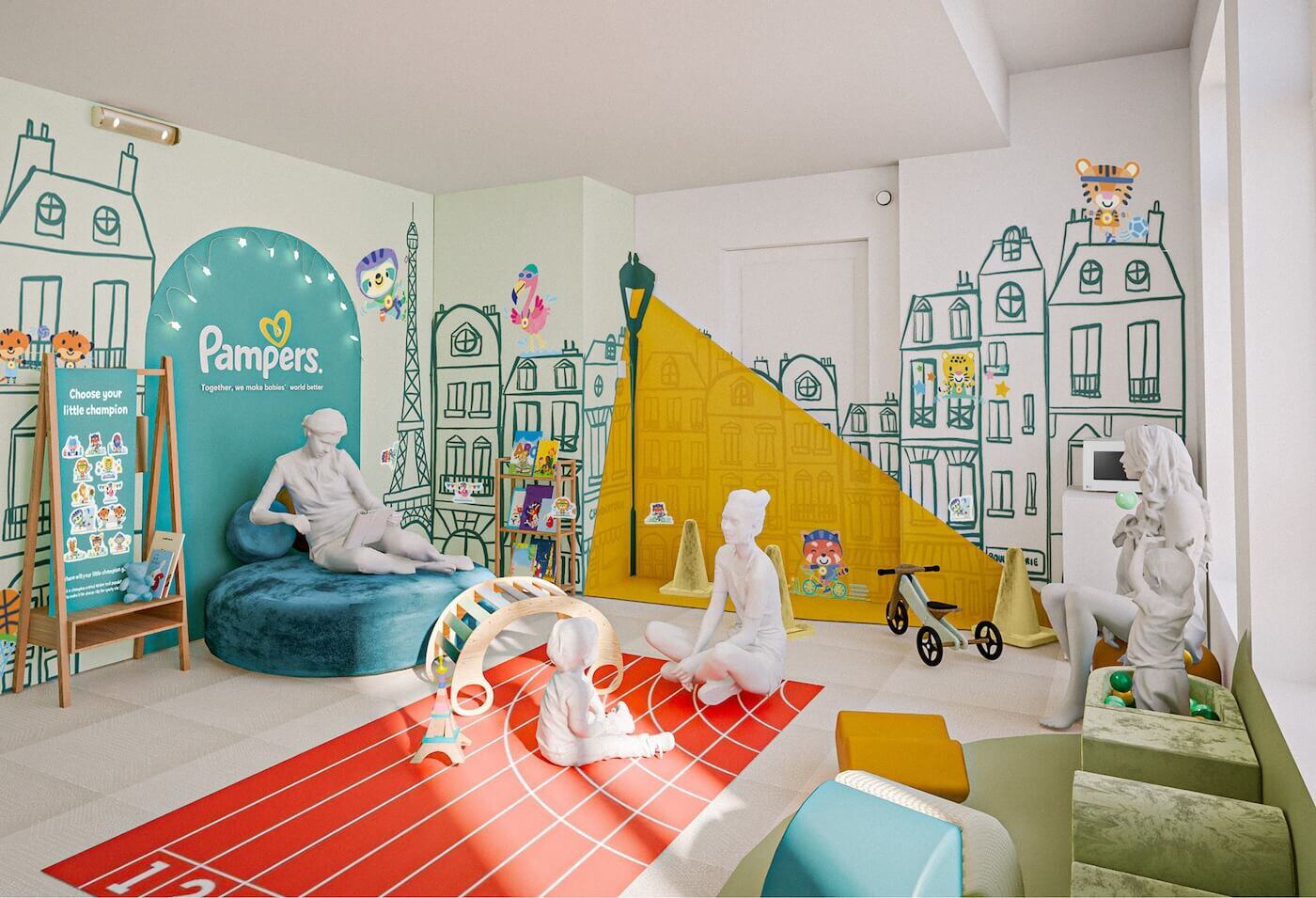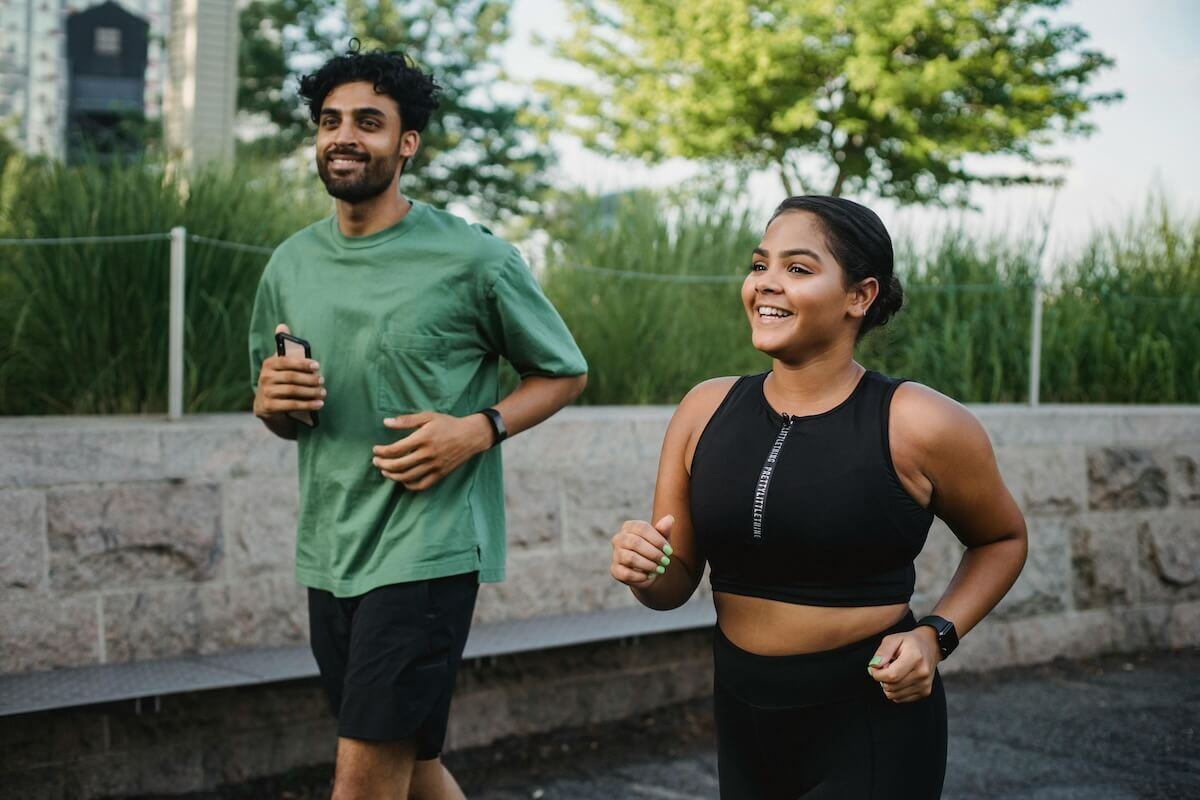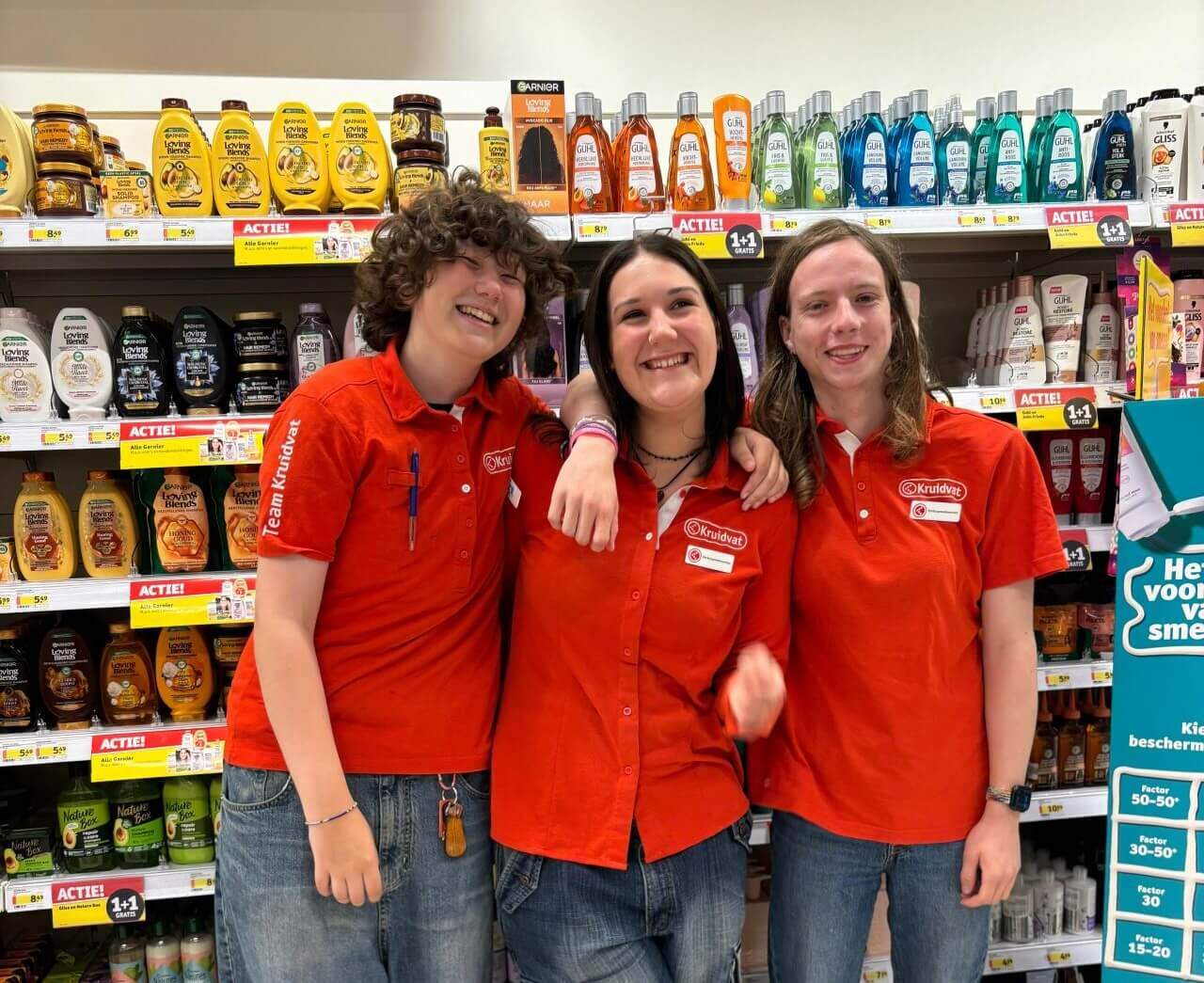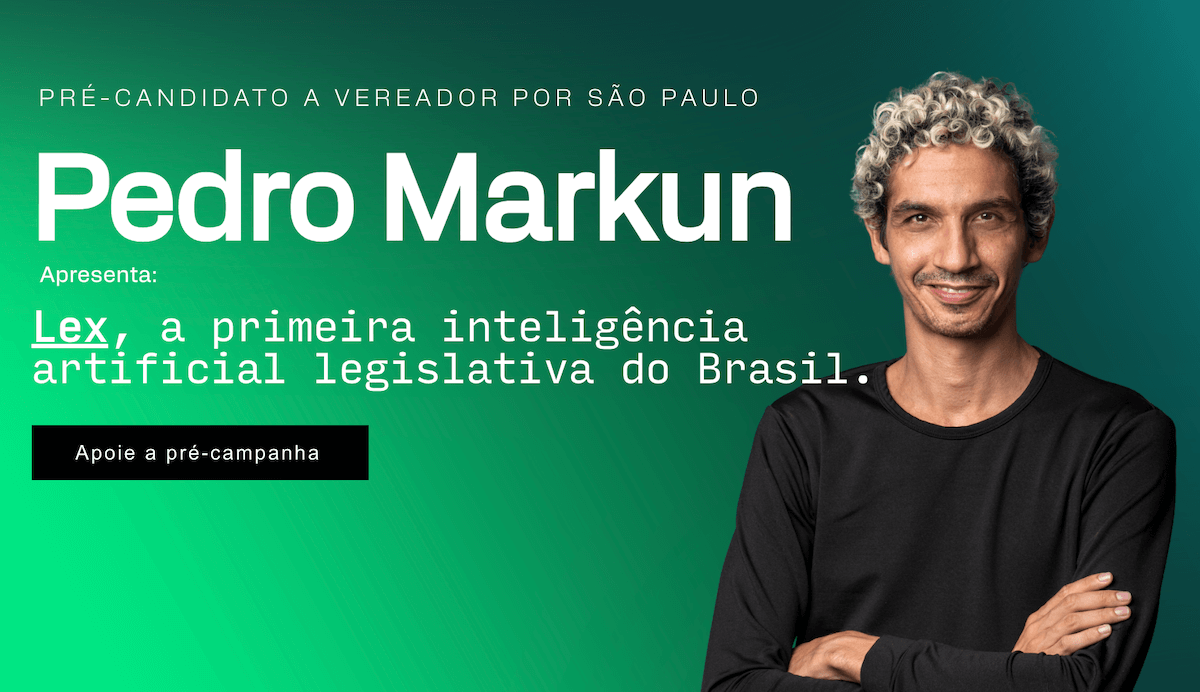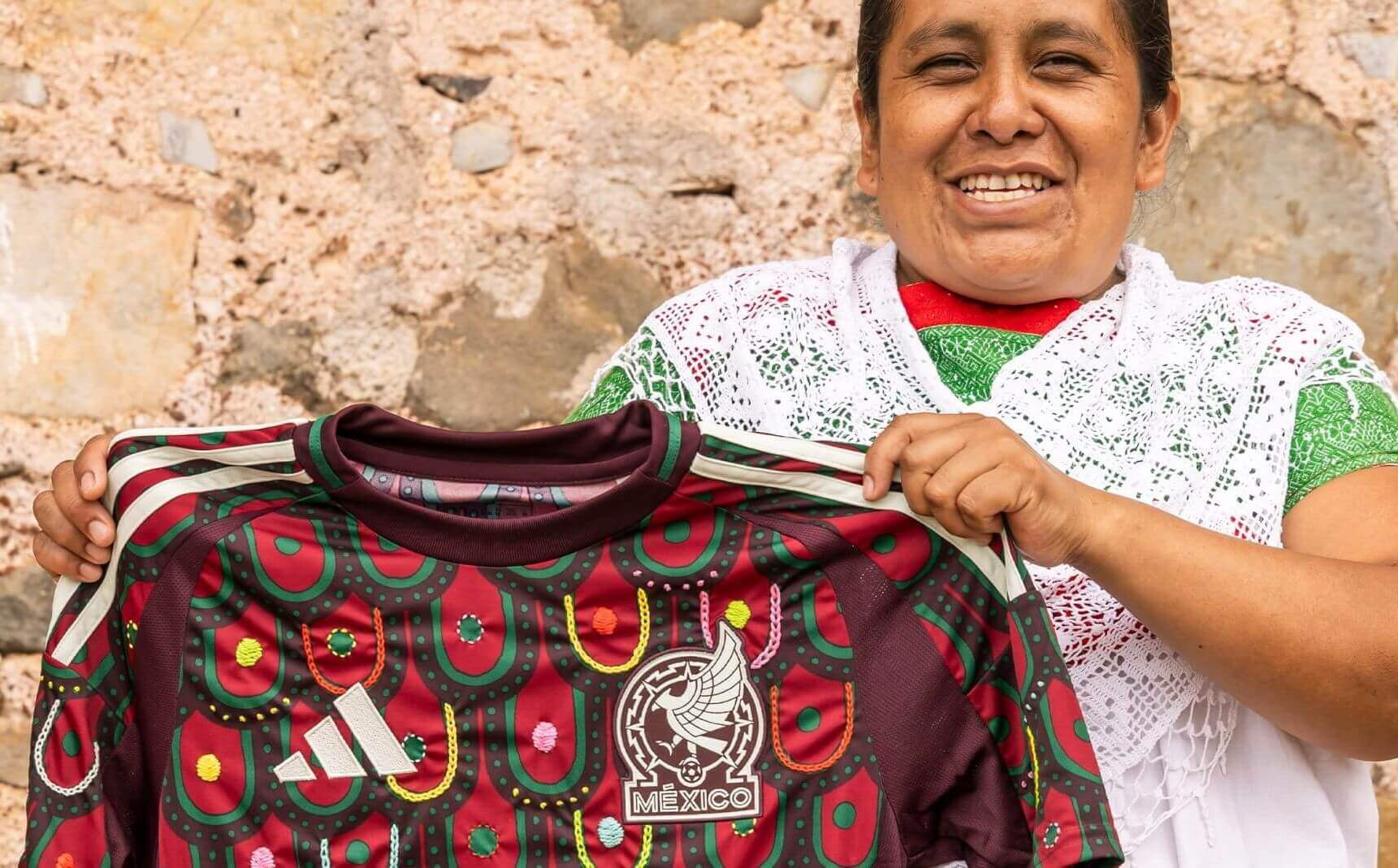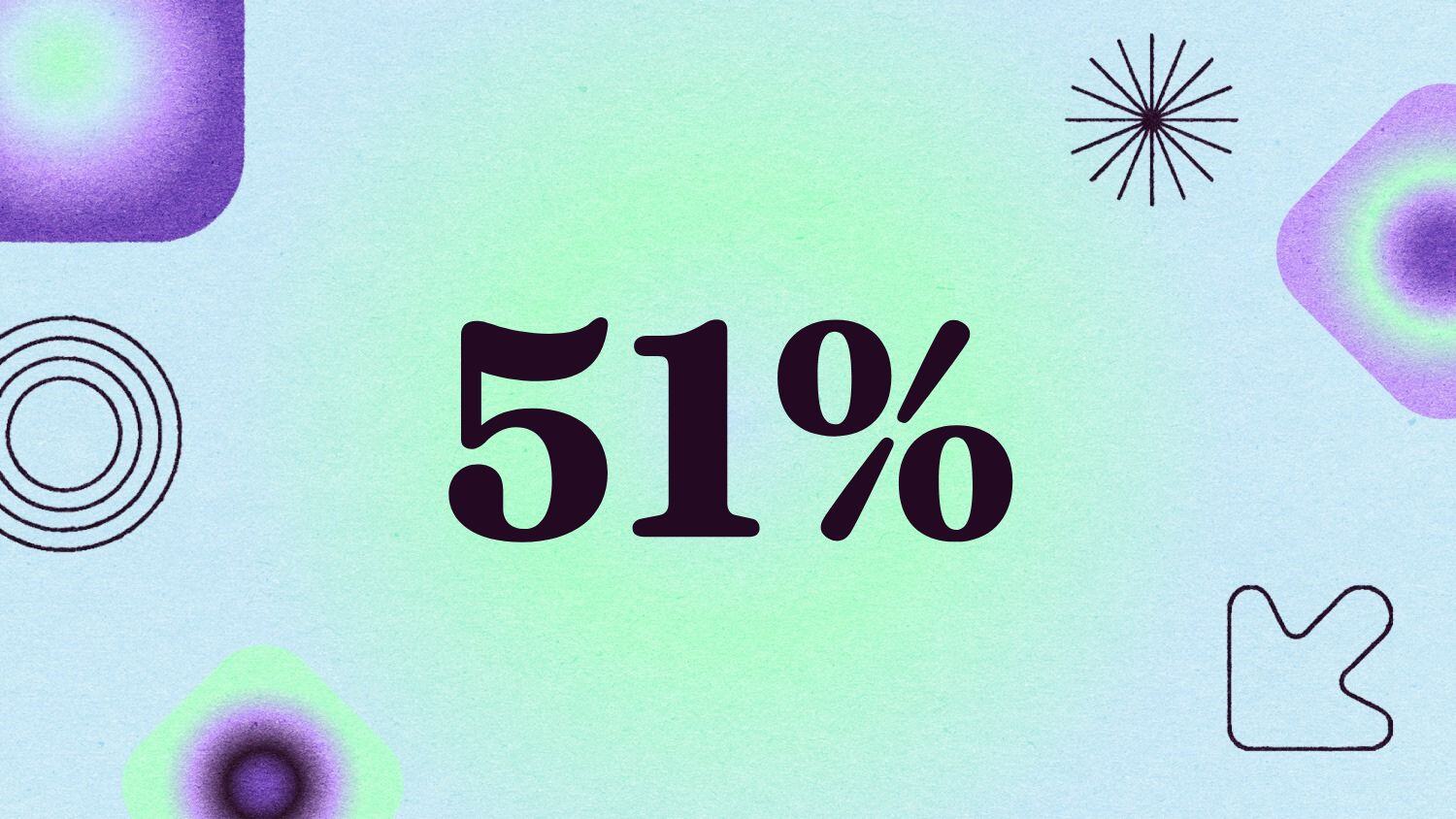It's hard to believe, but athletes have never had access to a dedicated space for spending time with their babies and young children while competing at the Olympics. The 2024 Paris Olympic Games will see the first-ever Olympic Village Nursery, courtesy of Pampers and designed for children of diaper-wearing age.
Located in the non-residential area of the Olympic Village Plaza, the nursery will be open daily from 9 am to 9 pm, providing a calm space to care, nurture and bond. In addition to comfortable seating and a play zone, there's also a private area for breastfeeding. Naturally, Pampers diapers and wipes will be on offer, too.
One of the athletes helping launch the initiative is US Track & Field legend Allyson Felix, who is both an 11-time Olympic medalist and a mother. Felix explained to NBC, "I had the experience of coming back to competition with my daughter, and it was really challenging. [...] It was even hard in ways I didn't expect, like staying in hotels, washing bottles, all the things you have to bring, feeding your baby in stadiums, who's going to watch your baby."
The nursery is part of the IOC's commitment to pro athletes who are also parents, recognizing the unique challenges they face while balancing extremely demanding careers with raising young children. Within or beyond sports, what's a longstanding pain point your brand could solve? Before you get started, find your Allyson Felix — a knowledgeable advocate with first-hand experience of exactly what needs fixing.
Select your country
- Argentina
- Australia
- Austria
- Belgium
- Brazil
- Cambodia
- Canada
- Chile
- China
- Colombia
- Costa Rica
- Croatia
- Czechia
- Denmark
- Estonia
- Finland
- France
- Germany
- Ghana
- Greece
- Guatemala
- Hong Kong
- Hungary
- Iceland
- India
- Indonesia
- Ireland
- Israel
- Italy
- Japan
- Kenya
- Latvia
- Lithuania
- Malaysia
- Mexico
- Morocco
- Netherlands
- Nigeria
- Norway
- NZ
- Paraguay
- Phillippines
- Poland
- Portugal
- Puerto Rico
- Romania
- Serbia
- Singapore
- Slovakia
- Slovenia
- South Africa
- South Korea
- Spain
- Sweden
- Switzerland
- Taiwan
- Thailand
- Turkey
- UAE
- UK
- Ukraine
- US
- Uruguay
- Venezuela
- Vietnam
Select your country
- Argentina
- Australia
- Austria
- Belgium
- Brazil
- Cambodia
- Canada
- Chile
- China
- Colombia
- Costa Rica
- Croatia
- Czechia
- Denmark
- Estonia
- Finland
- France
- Germany
- Ghana
- Greece
- Guatemala
- Hong Kong
- Hungary
- Iceland
- India
- Indonesia
- Ireland
- Israel
- Italy
- Japan
- Kenya
- Latvia
- Lithuania
- Malaysia
- Mexico
- Morocco
- Netherlands
- Nigeria
- Norway
- NZ
- Paraguay
- Phillippines
- Poland
- Portugal
- Puerto Rico
- Romania
- Serbia
- Singapore
- Slovakia
- Slovenia
- South Africa
- South Korea
- Spain
- Sweden
- Switzerland
- Taiwan
- Thailand
- Turkey
- UAE
- UK
- Ukraine
- US
- Uruguay
- Venezuela
- Vietnam

